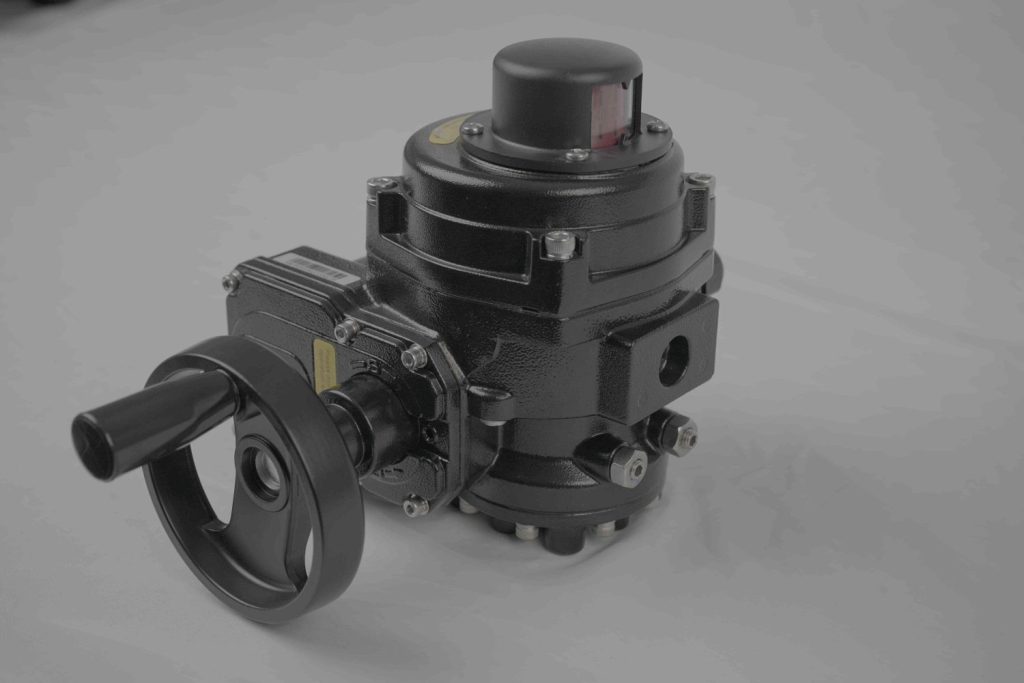Lithium-ion (Li-ion) batteries are integral to many modern technologies, powering everything from smartphones and laptops to electric vehicles and renewable energy storage systems. However, as these batteries become more efficient and widespread, safety concerns related to their operation have also increased. One of the most critical safety components in a lithium-ion battery is the valve, designed to regulate pressure and prevent catastrophic failure. The manufacturers of these valves play an essential role in ensuring the safety and reliability of these batteries.

The Role of Lithium Battery Valves Lithium-ion batteries store large amounts of energy in a compact space, which can generate substantial internal pressure, especially in situations such as overcharging, overheating, or short-circuiting. If the internal pressure builds up beyond a safe limit, the battery may rupture, potentially leading to fires, explosions, or the release of harmful gases. To mitigate this risk, battery valves are incorporated into the design to act as safety mechanisms. The primary function of a lithium battery valve is to relieve pressure that builds up within the battery. This pressure could be caused by heat, chemical reactions, or gases released during overcharging or a short circuit. If the internal pressure exceeds a certain threshold, the valve opens to allow the excess gas to escape, thus reducing the risk of rupture or explosion.